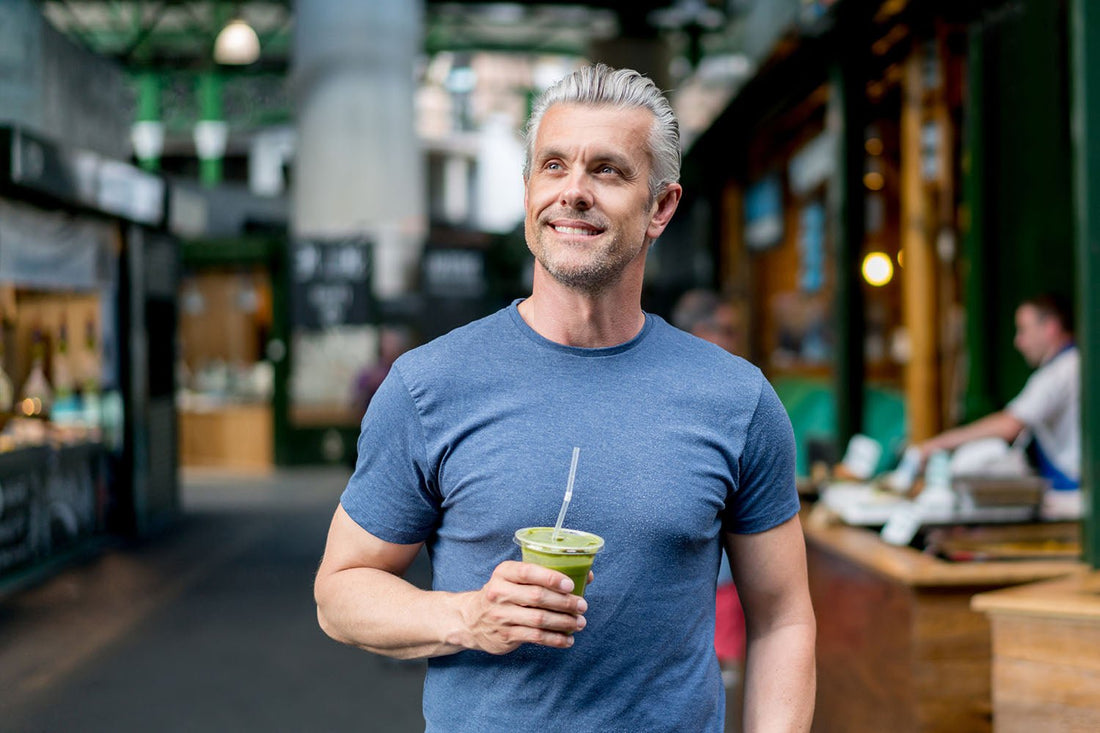
6 ways of Reducing Cholesterol Naturally, without side-effects
Share
It can be very worrying when the doctor explains that your cholesterol levels are too high, and the risk of heart problems and stroke means now is the time for statin medication. Statins generate billions in revenue for the pharmaceutical industry, but there is a debate about how effective they actually are and they are associated with many serious side-effects, such as muscle pain and damage, liver damage, increased risk of type 2 diabetes, neurological damage etc.
Fortunately, there are some very effective natural products that can help you manage and also lower the cholesterol levels; I have mentioned 6 of them below.
1. Low-cholesterol diet
While the liver is the major source of blood cholesterol, dietary cholesterol can also be an important factor. The best way to reduce cholesterol in your diet is to minimise saturated fat, which is found primarily in animal products, like meat and dairy products. Try to reduce these to once or twice per week, so your dietary cholesterol is less than 300 mg per day.
2. Soluble fiber
Soluble fiber found in vegetables, legumes and fruit is effective in lowering cholesterol levels. Try to eat 35 grams of fiber per day from fiber-rich foods, such as oat bran and oatmeal.
3. Niacin
Also known as B3, niacin has long been known to be effective in lowering blood cholesterol levels. In the 1970s, the famous Coronary Drug Project demonstrated that niacin was the only cholesterol-lowering agent to actually reduce overall mortality. Niacin typically lowers LDL cholesterol by 16-23% while raising the good HDL (high density lipid) cholesterol by 20-33%.
For best results, use intermediate time-release niacin (don't take any other form, known as non-blushing niacin, as this can cause liver damage). Take it in the evening, as most cholesterol synthesis occurs during sleep. Start with a dose of 500 mg and increase to 1,500 after two weeks. If after one month of therapy the dosage of 1,500 mg fails to effectively lower LDL cholesterol, increase the dosage to 2,000 mg/day for one month.
4. Natural Plant sterols and stanols
Special plant molecules (Phytosterols and phytostanols) are structurally similar to cholesterol and can act in the intestine to lower cholesterol absorption by displacing cholesterol. A meta-analysis of 41 trials showed that an intake of 2 grams of stanols or sterols per day reduced LDL by 10%.
The best and safest ways to get these nutrients is by eating foods that are high in these plant molecules: vegetables, wheatgrass juice, fruits, legumes, grains, nuts and seeds.
5. Pantethine, B5
Pantethine, B5, taken at 900 mg per day has been shown to significantly reduce levels of total cholesterol (19%), and LDL cholesterol (21%) while increasing the good HDL cholesterol (23%). The lipid-lowering effects of pantethine are especially impressive because it has virtually no side effects compared with conventional lipid-lowering prescription drugs. Wheatgrass juice is rich in vitamin B5.
6. Garlic
Garlic appears to be an important protective factor against heart disease and stroke for many reasons. In numerous double-blind, placebo-controlled studies of patients with initial cholesterol levels greater than 200 mg/dl, daily supplementation with garlic tablets containing at least 10 mg allicin can lower total serum cholesterol by about 10-12 %.
At Britt's Superfoods we specialise in providing health reassurance through natural superfoods juice products, so if you are looking for a more natural way to lower your cholesterol levels superfoods can help.
Check out our cholesterol page here for the most effective Superfoods Juices.

